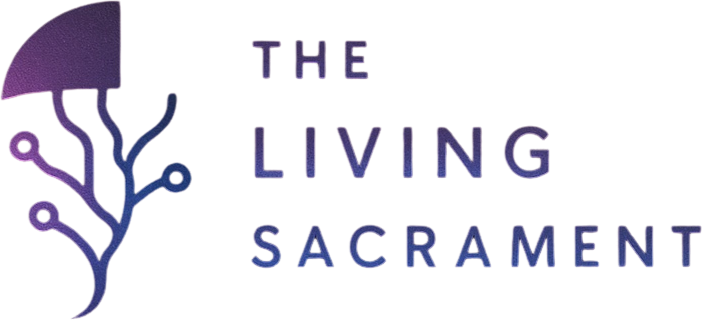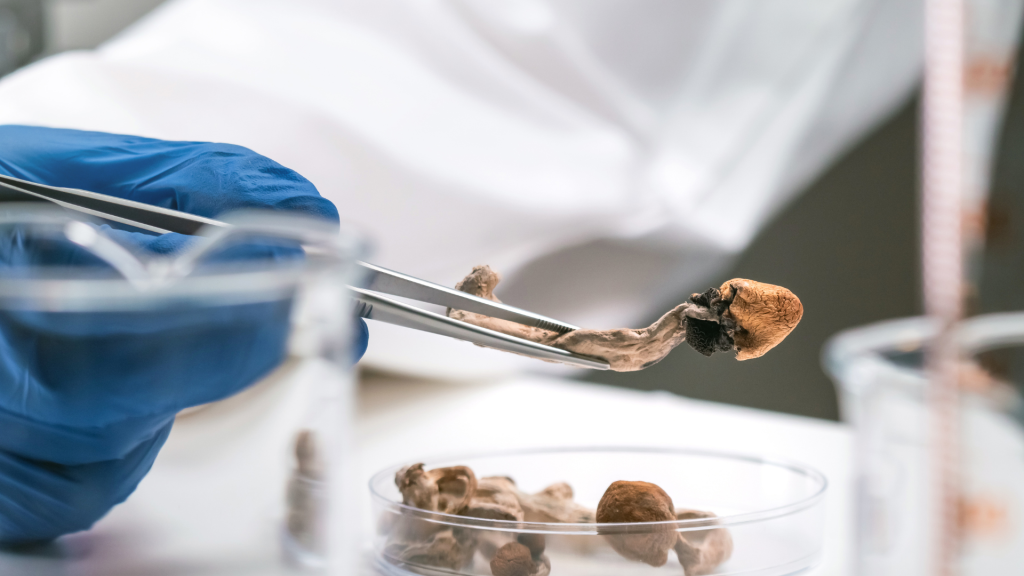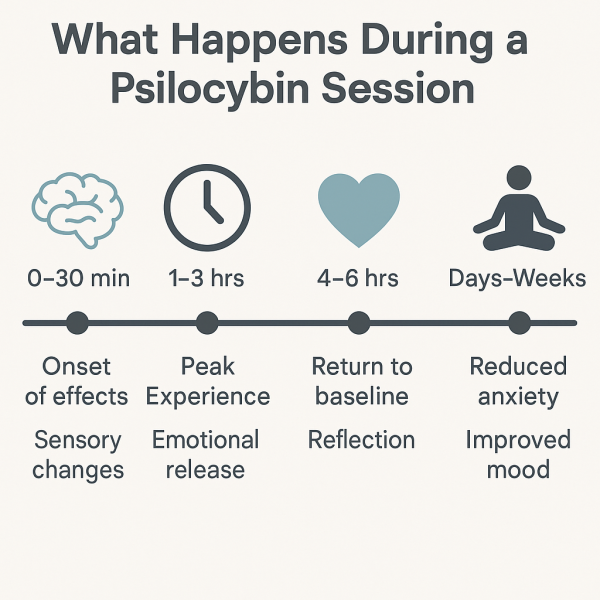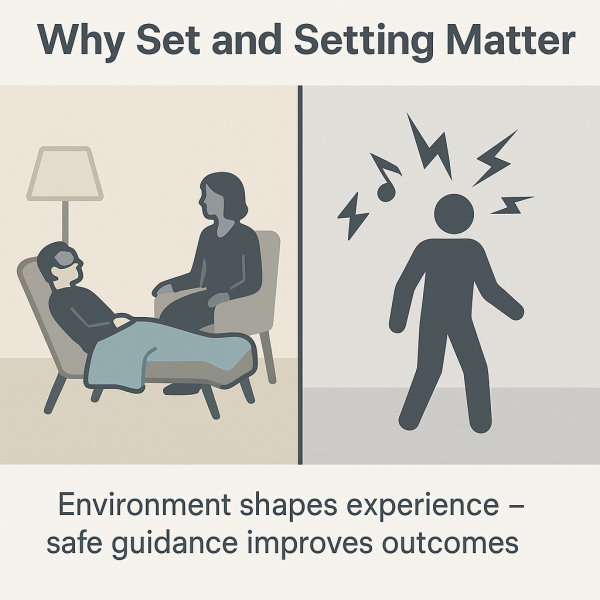Anxiety can feel like being trapped in your own head, replaying fears that never seem to quiet down. People have turned to everything from meditation to medication trying to find relief. Recently, another name has entered that conversation: psilocybin, the active compound in magic mushrooms. What used to be dismissed as a psychedelic curiosity is now showing promise in scientific studies, and in real life stories.
What Science Says About Psilocybin and Anxiety
Over the past decade, clinical research has taken psilocybin out of the underground and into hospital labs. In several carefully controlled trials, scientists found that psilocybin can significantly reduce anxiety, especially in people facing major life stress, like terminal illness or treatment-resistant depression.
A systematic review by Vargas et al. (2020) analyzed data from multiple studies and found that psilocybin produced rapid and lasting reductions in anxiety symptoms after just one or two sessions. What’s striking is how durable the results were, some patients continued to report improvements months later. Researchers suggest that psilocybin helps “reset” overactive brain patterns that fuel constant worry.
In plain terms, psilocybin helps the brain loosen its grip. The rigid thought loops that define anxiety seem to soften, giving people room to breathe again.
How It Works in the Brain
Psilocybin is a serotonin receptor agonist, mainly targeting 5-HT2A receptors. When it’s converted into its active form, psilocin, it temporarily changes the way information flows through the brain. Neuroimaging studies show that psilocybin quiets the default mode network (DMN), a region linked to self-reflection and repetitive thought. When the DMN relaxes, the sense of being trapped in one’s thoughts often fades too.
One study published in CNS Spectrums described psilocybin as creating “a temporary state of neural flexibility.” That flexibility may allow the brain to break out of repetitive cycles of anxiety and form new, healthier connections. For many, this mental reset translates into reduced rumination and increased emotional openness.
What the Experience Feels Like
In clinical settings, psilocybin is typically given in a quiet, supportive environment with trained guides. The effects start about 30 to 60 minutes after ingestion and last around six hours. During the experience, people often report heightened emotional sensitivity, vivid imagery, and a sense of connection, to themselves, others, or even nature.
Many describe it as confronting their fears head-on, but from a gentler perspective. Instead of fighting anxiety, they observe it, understand it, and let it go. I’ve heard stories from people who struggled with severe anxiety for years, saying that one guided psilocybin session helped them “feel like themselves again.” Of course, that’s just anecdotal, but it mirrors what clinical researchers have observed in therapy sessions.
Lasting Effects After the Trip
What surprises most researchers is how long the benefits last. In several trials, people reported less anxiety not just days but weeks or even months after one psilocybin-assisted session (neuroplasticity). This contrasts sharply with standard anti-anxiety medications, which usually need daily dosing to work.
The Journal of Psychiatric Research published a meta-analysis showing that psilocybin’s positive effects on mood and anxiety were both rapid and sustained. Participants described feeling more optimistic, less emotionally stuck, and better able to manage stress in daily life. Brain scans taken after the sessions showed increased connectivity between regions involved in emotional regulation, suggesting a biological basis for the improved mood.
Why Setting Matters So Much
Psilocybin’s effects are highly sensitive to “set and setting” (which are crucial), your mindset going in and the environment around you. A calm, supportive space makes a huge difference. In the studies reviewed by Vargas et al. (2020), participants were guided by trained therapists who helped them process emotions safely. Without that guidance, the experience could be confusing or even distressing.
That doesn’t mean psilocybin works only in a lab, but it highlights how important preparation and integration are. People who use it carelessly might not get the same benefits, or could even intensify their anxiety during the trip. Researchers emphasize that psilocybin therapy should always be supervised by trained professionals.
Is Psilocybin a Cure for Anxiety?
Psilocybin isn’t a magic fix, even if it grows from magic mushrooms. It doesn’t erase anxiety permanently, but it can open the door to lasting change. Many participants describe the experience as emotionally challenging but transformative. By temporarily quieting fear-based brain networks, psilocybin gives the mind space to reorganize and heal.
I know someone who used to have daily panic attacks. After a guided psilocybin session, they said it was like “their brain finally stopped shouting.” They still get anxious sometimes, but it’s different now, more manageable, less consuming. That kind of story lines up with the data: psilocybin doesn’t eliminate anxiety, but it can help people relate to it differently.
Direct Answer: Can Psilocybin Help With Anxiety?
Yes. Controlled clinical studies show that psilocybin can reduce anxiety, especially in patients with depression, terminal illness, or persistent anxiety disorders. It works by altering serotonin activity, decreasing overactive brain networks, and promoting emotional flexibility. The effects can appear within hours and may last for weeks or months.
That said, it’s not a one-size-fits-all treatment. The setting, mindset, and professional guidance make all the difference between healing and discomfort.
Final Thoughts
The science behind psilocybin and anxiety is still growing, but the results so far are promising. What stands out most is how a single, well-supported session can lead to deep psychological relief. It’s not a chemical bandage, it’s more like a window into a calmer version of yourself. For many living with anxiety, that’s a breakthrough worth exploring when done responsibly and under professional care.
Sources
Vargas, A. et al. 2020 – Psilocybin as a New Approach to Treat Depression and Anxiety in the Context of Life-Threatening Diseases: A Systematic Review and Meta-Analysis of Clinical Trials, Biomedicines.
Cambridge University Press – Psilocybin in Neuropsychiatry: A Review of Its Pharmacology, Safety, and Efficacy, CNS Spectrums.



